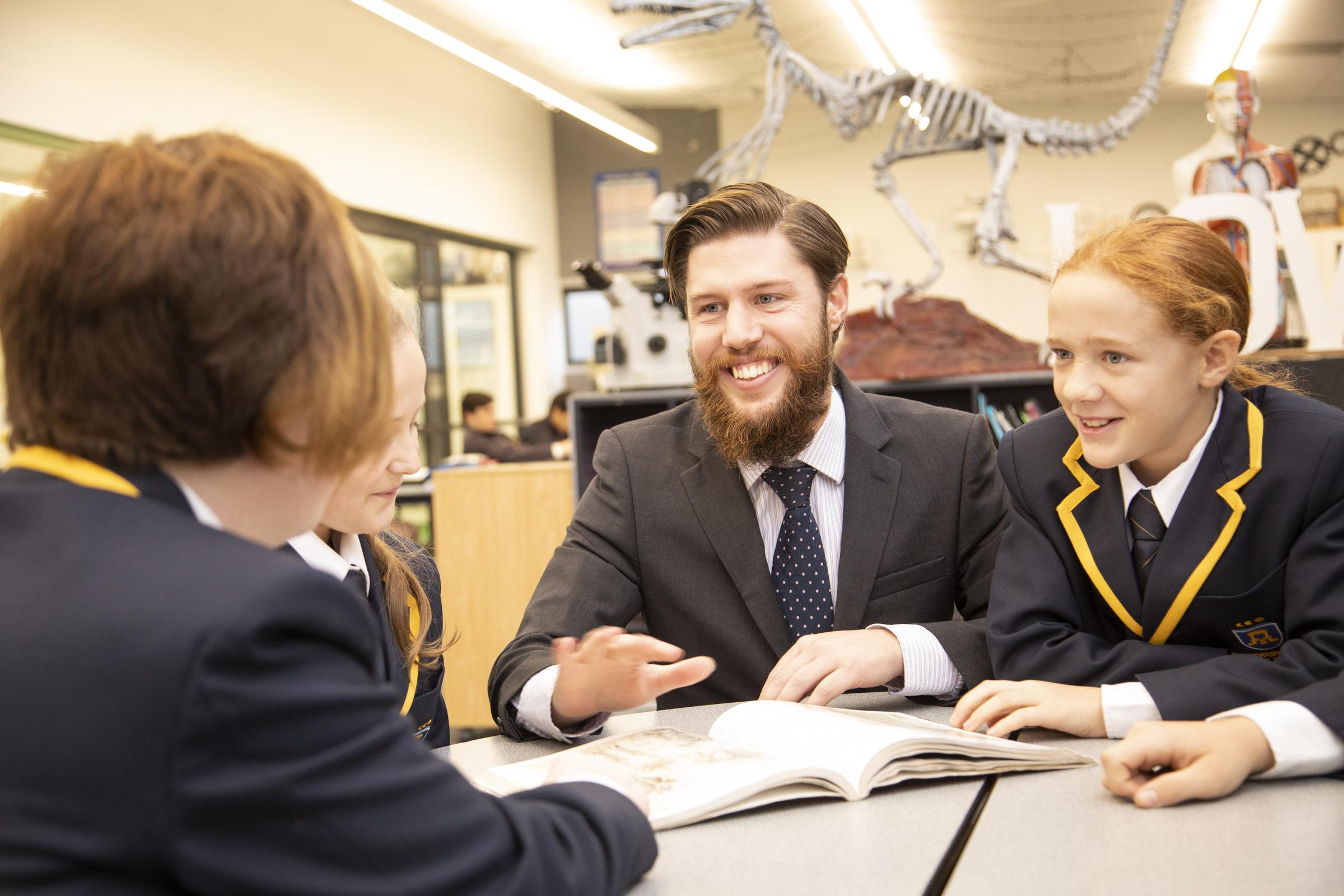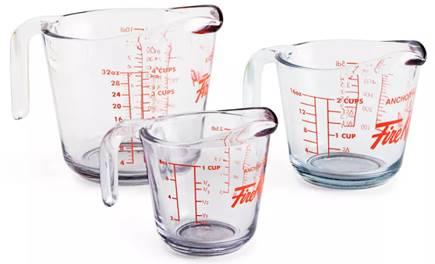Literacy and Numeracy
Dr Wendy Taylor (Numeracy Leader) and Denholm Pickering (Literacy Leader)

Literacy and Numeracy
Dr Wendy Taylor (Numeracy Leader) and Denholm Pickering (Literacy Leader)
Previously, this section has focused on basic literacy strategies that could be used at home. We recommended establishing a 'reading for pleasure' time for 15-20 minutes each day. Encouraging reading for pleasure is much more effective long-term at maintaining good reading habits when compared to assigning it as homework. Therefore, positive acknowledgement when reading for pleasure does occur is critical to having a child who reads.
The same concept applies to reading challenging texts, which was another suggestion made in the previous edition - encouragement and acknowledgement are the best motivators! Many children will 'comfort read' the same stories over and over again; while this is ok once in a while, it can't be the majority of reading or they will not discover new expression in language.
In addition to previously suggesting those two strategies, we also suggested establishing a Word of the Day to help build vocabulary.
While all of these strategies are useful, recommended, and evidence-based, they may not necessarily be practical for you. What's more, they are only a few of many literacy strategies that children need to be exposed to in order to continue to develop their reading, writing, speaking and listening skills.
In order to make this section of the Newsletter as effective as possible, we would like to invite you to complete this survey on literacy strategies and how the school community can work together to support students at all year levels and abilities. If you have 5 minutes and find it valuable, please consider filling out this survey.
The formation of a Literacy Guidance Coalition has occurred, with the focus being to agree on a whole-school direction and action for literacy support and improvement.
With regards to MYLNS - Term 2 Goals are currently being reviewed, with further goals being set for Term 3 and 4. Science makes way for History as our area of focus, and students are asked to give feedback on the program. Parents will be phoned over the next two weeks to provide individual updates.
Tutoring has changed for this term as well - students will no longer be individually selected, but classes at Year 9 and 11 will often have an extra teacher for up to 3 periods per week who will aim to provide support across the board.
This month we unpack some of the numeracy involved in cooking.
With school holidays coming up (and the lockdown at the time of writing) many kids will be spending more time in the kitchen. This is a great time to improve their basic numeracy.
Talking to your child about the maths you use in the kitchen can help develop their skills. Below are some questions that could prompt some mathematical conversations in your kitchen.


Joke:
Q: How many tickles does it take to make an octopus laugh?
A: Ten tickles
Puzzle: In a family a boy has as many sisters as he has brothers, but each sister has only half as many sisters as brothers.
How many children are there in the family?
Solution to last newsletter's puzzle:
Mr Driver is the gardener
Mr Gardener is the painter.
Mr Painter is the shearer.
Mr Shearer is the driver.